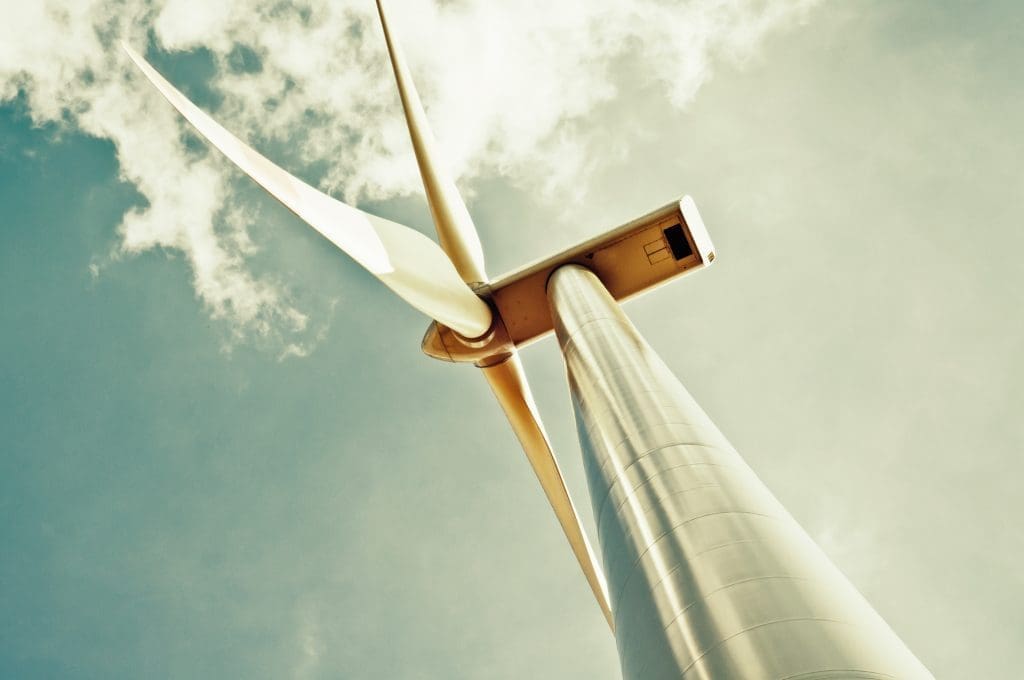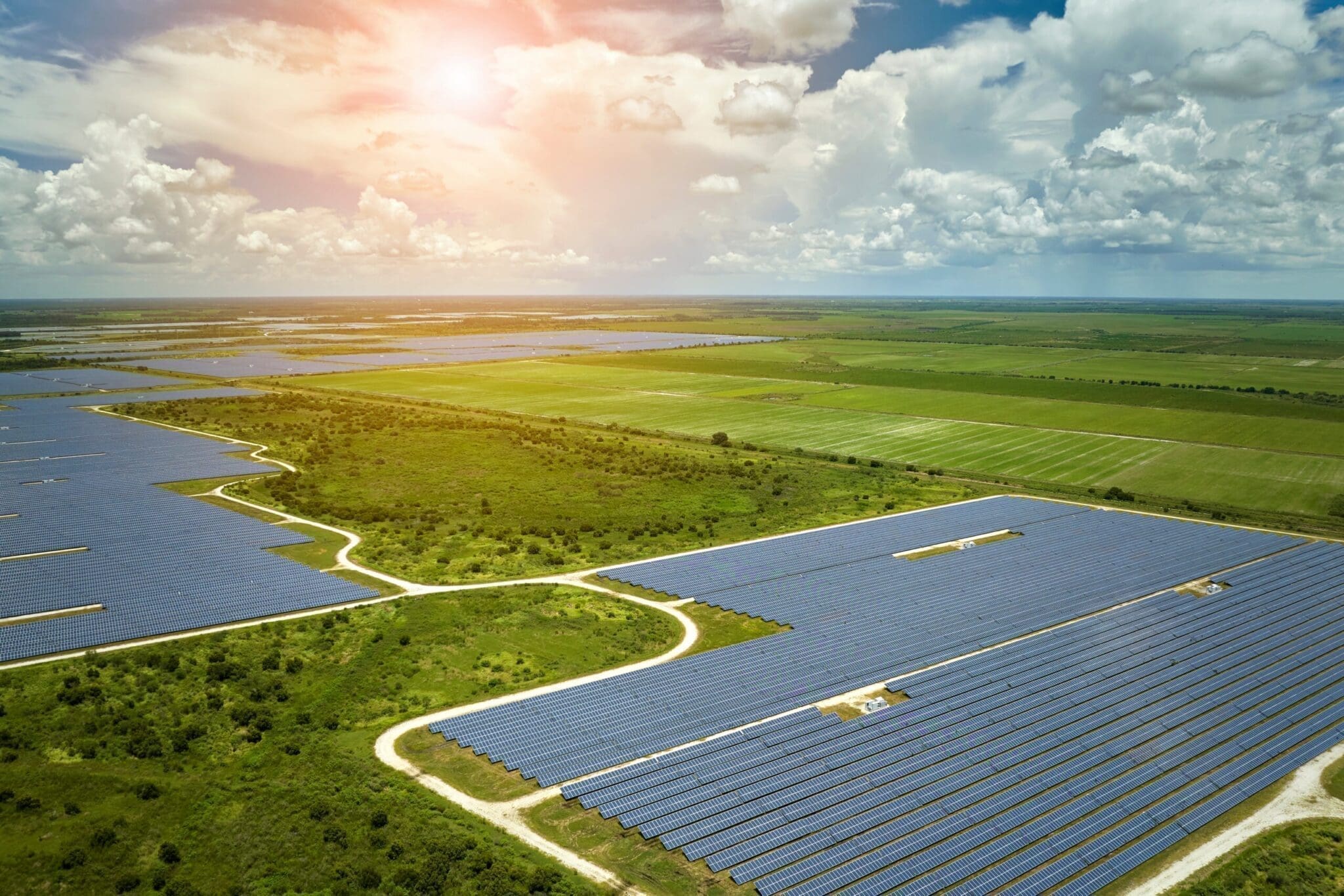The UK’s Pledge to Renewable Energy: A Path to Net-Zero
The UK is committed to leading in green energy. They plan to significantly increase their renewable energy capacity as part of their strategy to achieve net-zero emissions by 2050. The country is already the world leader in offshore wind with around 10GW installed. According to Rusi they aims to expand their renewable energy capacity to over 100 GW in the next decade. This includes a substantial increase in offshore wind, onshore wind, and solar capacity. In order to support this ambitious target there are a number of key initiatives. These include a £54 billion upgrade to the UK’s electricity network and increasing interconnections with Europe.
This commitment positions renewable energy as a cornerstone in achieving the UK’s net-zero carbon emissions goal. Yet, as the country accelerates towards a greener future, it confronts a significant challenge: aligning its rapid growth in renewable energy with the necessary infrastructure development.
The Growth of Renewable Energy in the UK

The UK’s renewable energy landscape is marked by ambitious goals, primarily focusing on harnessing wind and solar power. The International Energy Agency (IEA) highlights the UK’s commitment as critical to global climate targets.
As of December 2023, the UK’s renewables share of electricity generation was 44.5%, (up 8.2% yoy). It was also the 4th consecutive quarter that the renewables share outstripped fossil fuels. These efforts are not just a matter of national policy but an important piece in the global puzzle of climate action.
The Bottleneck: Grid Capacity and Flexibility
As the UK propels forward in renewable energy, it faces a bottleneck: the capacity and flexibility of its energy grid. The IEA warns of the risks posed by inadequate grid development. They outline the risks as potentially hindering the integration of renewables and impacting global warming objectives. If we take the Financial Times energy correspondent estimate as accurate, then renewable projects could face waits of up to 10 years to be connected to the grid!
Numerous renewable projects in the UK have experienced delays due to grid limitations. This underscores the need for urgent upgrades and enhancements in grid infrastructure. For example, according to Environmental Journal a solar farm in Coventry has been told that they won’t be connected to the grid until 2028. More rural areas such as Dorset may not be connected until 2036.
Economic and Policy Implications
The UK’s renewable energy expansion is a complex interplay of economic and policy factors. The infrastructure upgrades demand significant investment. The International Energy Agency IEA predict that the total annual energy investment is expected to surge to 5 trillion by 2030 and the economic impact of delays can be substantial.
On the policy front, the UK government’s initiatives play a strong role, yet regulatory challenges persist. These are influenced by regulations like the Renewables Obligation and Feed-in Tariffs, which guide the energy mix and funding structures. Policy-wise, the Electricity Act 1989 and the Energy Act 2013, with its Contracts for Difference scheme, provide operational frameworks. Also, environmental and planning regulations, such as the Environmental Impact Assessment Regulations and the Town and Country Planning Act, dictate project development and compliance. These regulations create a complicated landscape where private investment and public funding must be carefully integrated. This means that economic and policy dimensions are inseparable from the technical aspects of renewable energy expansion.
Global Comparisons and Lessons
In addressing these challenges, the UK can glean valuable lessons from global counterparts. For instance, Germany’s Energiewende policy has aggressively promoted renewables, emphasising solar and wind energy through generous feed-in tariffs. Revised in 2020, this Act aims to produce 65% of Germany’s electricity from clean sources by 2030. It includes annual monitoring to adjust the expansion pace of sustainable energy like wind and solar. Additionally, the Act provides feed-in tariffs for coal mine methane emissions projects, integrating them into the grid and fostering renewable energy development. This international example offers insights and best practices that could inform the UK’s path forward.
Strategies and Solutions
In order to tackle these infrastructure challenges, the UK has embarked on strategic initiatives. These include grid upgrades, and bolstering interconnectivity with Europe. Innovations demanding flexibility, enhanced battery storage, and managed EV charging are being explored to manage the variability of renewable energy sources.
At Achilles we are well positioned to support the UK’s infrastructure challenges in renewable energy. We are able to offer expertise in supply chain management and risk mitigation. Achilles Global Energy Network can assist in identifying and qualifying suppliers for grid upgrades and renewable energy projects. Additionally, Achilles can help in ensuring compliance and efficiency in the supply chain with our supply chain due diligence solution. This is something which any energy company will know is crucial for ensuring projects meet ESG criteria and key to maintaining resilience and efficiency in the energy system as the UK navigates its transition to renewable energy.
For more information on how Achilles can support your organisation in the balancing act that is managing renewable energy projects and infrastructure delays contact us for a short consultation.


